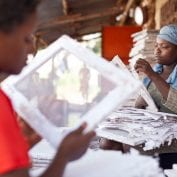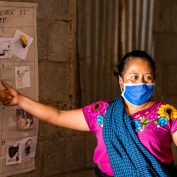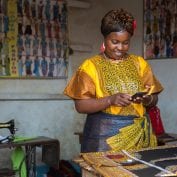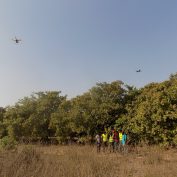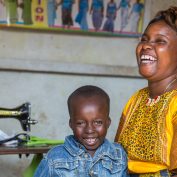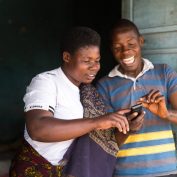The Top Tech Innovations That Fought Poverty in 2021
When designed and applied in accordance with local needs, technology can dramatically improve income and opportunities for low-income people worldwide. See how tech solutions changed the lives of entrepreneurs and smallholder farmers in TechnoServe’s programs this past year.



